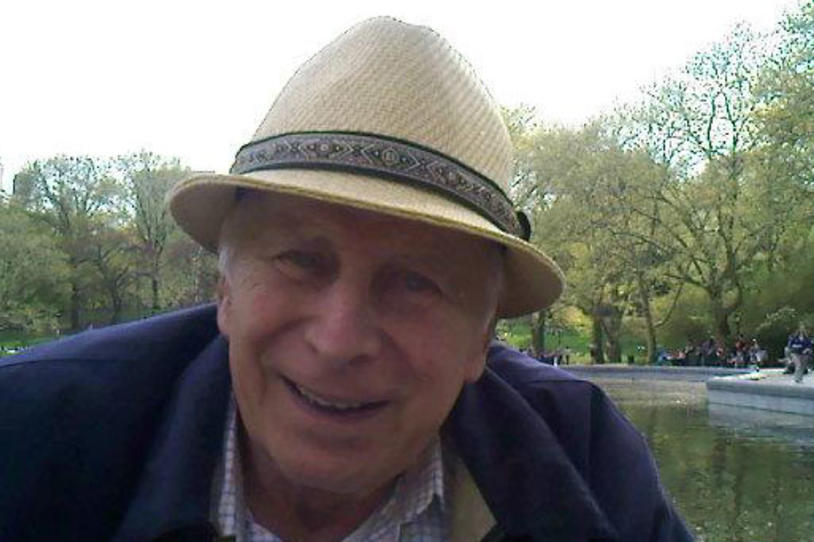
As anyone living with Parkinson’s knows, it’s a disease that brings singular challenges. When it’s paired with a diagnosis of dementia, those challenges are even more complicated. This was the case for Dahna Freidus’s father, Marty Brecker. But her family is “truly devoted to taking care of my father,” she says. While it’s been a tough road, “we’ve learned to just go with it.”
Marty was diagnosed with PD in 1995, and shortly thereafter learned he also had dementia—a form that was typical of Parkinson’s. Cognitive dysfunction is an issue for many Parkinson’s patients, and can result in the eventual onset of dementia. Early on, Dahna, who is a trained physician, says her father’s dementia was noticeable as he struggled to complete simple tasks, like putting away the milk. He also suffered from with paranoia and hallucinations, symptoms specific to a Parkinson’s-related dementia. But as Marty’s condition progressed, these symptoms have subsided and others have taken their place, so that he is no longer independent. Dahna says, “We can’t have the conversations others take for granted anymore, and he often says silly things. But when he does, we laugh about it together.” She gives much credit to her mother, Roz, who has been “above and beyond a dedicated spouse,” and has maintained a resolutely optimistic outlook over the years.
These days, Marty can be disoriented and can have difficulty recognizing people. Since her father can’t travel easily, she frequently goes between her home in Larchmont, NY, and her parents’ apartment in Manhattan. “While he doesn’t know me all the time,” she says,” he knows me most of the time.” He always knows her mother and her brother, Steven, who spends at least five days of the week with him. Dahna says her father shares a special connection with his five grandchildren, who adore him and love playing their musical instruments for him—as he was a talented musician.
A fabulous piano player for much of his life, Marty is still able to play today—even if it’s not like he used to. In addition to his physical therapy, he has regular music therapy sessions, which have been helpful to him and give him joy. His family refers to him as “the cat with 15 lives,” acknowledging the many medical issues he’s had throughout his life. “Despite it all, he’s still with us,” Dahna says.
As with many families touched by Parkinson’s, they initially refrained from going public. She says, “I wasn’t embarrassed by my father’s Parkinson’s or his dementia. Perhaps that’s because I’m a trained medical professional. But for my mother, it was a real struggle.” Dahna feels that while there is less stigma attached to cognitive issues like dementia, people are still uncomfortable about it. “When most people think about PD, they don’t think about dementia. What comes to mind are the motor symptoms—rigidity, tremor, masked faces. Cognitive dysfunction is a part of Parkinson’s, but it’s not talked about as much.”
Dahna appreciates that The Michael J. Fox Foundation is helping to change this, and to address patients’ other unmet needs. She and her husband first got involved with the Foundation several years ago. She says, “My dad has PD, his dad had PD, and I worry about the disease for my brother and my kids. I realized I needed to do something closer to home.”
She feels the urgent need for new and improved treatments for PD. “It floors me that my grandfather took the same meds as my father. It’s time for something different. I’m grateful that MJFF is committed to pursuing novel approaches to this disease—and to finding a way to prevent disease from developing in the first place. That would be the most wonderful miracle.”
Dahna and her entire family believe there is strength in numbers and are participating in the Parkinson’s Unity Walk again this year. She concludes, “As I’ve seen with my father, there are so many aspects to understand in Parkinson’s. I’d like to do more to help.”